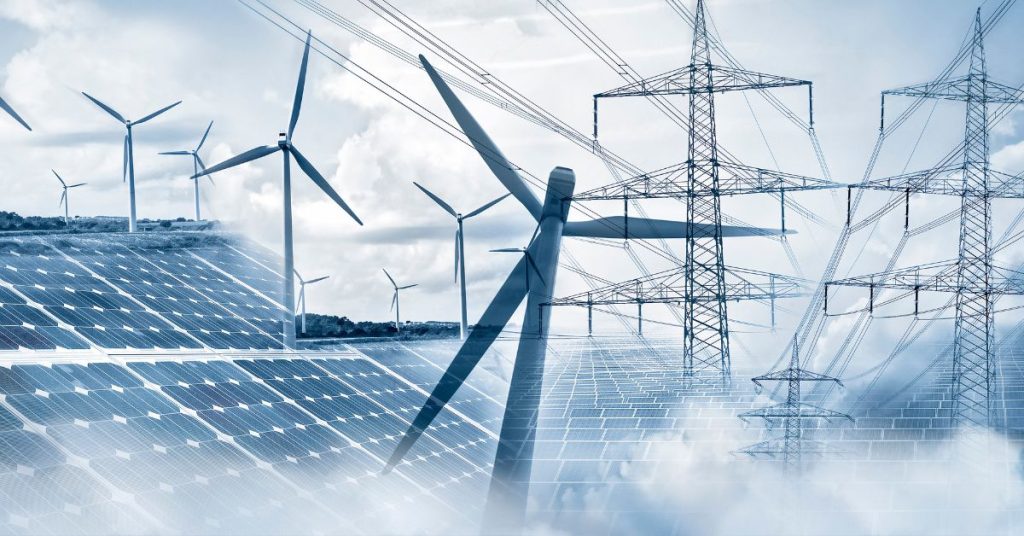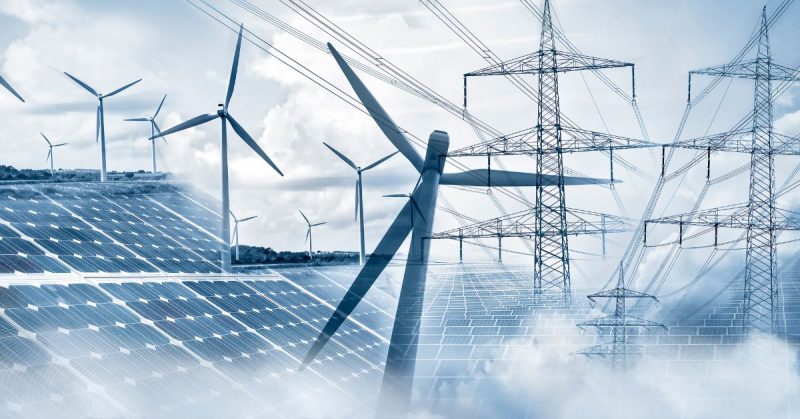
Blockchain & Renewable Energy: The Future of Sustainable Power
Revolutionizing the Energy Sector with Secure, Decentralized Technology
Blockchain Meets Renewable Energy: A Game-Changer for the Industry
In the early 1990s, the internet was an emerging technology with unpredictable potential. Fast forward two decades, and it had revolutionized every sector—from education and media to politics and commerce. Today, Blockchain technology stands at a similar juncture, offering the same transformative potential.
What is Blockchain?
At its core, Blockchain is an evolution of the traditional ledger—a secure, decentralized record-keeping system that tracks transactions. Unlike conventional ledgers, which rely on intermediaries for data security, Blockchain leverages a distributed network. This network allows multiple participants to access and verify data without centralized control, enhancing transparency and trust.
Solving the Internet’s Trust Problem
Blockchain technology addresses a critical issue of the internet: trust. By securely recording every action within a system and storing the results in an incorruptible digital ledger, Blockchain ensures data integrity. This eliminates the need for traditional intermediaries, making transactions faster, more secure, and transparent.
Blockchain in Energy: A New Paradigm
The energy sector is experiencing a significant shift. Independent wind and solar farms are now feeding into power grids, creating a decentralized energy system. This evolution demands a new approach to managing and tracking energy transactions. Blockchain provides the perfect solution by enabling secure, real-time verification of transactions across a distributed network.
The Future of Renewable Energy
Imagine a neighborhood where households generate solar power and share it directly with their neighbors through a Blockchain platform. This concept, known as a microgrid, empowers individuals to become “prosumers”—both producers and consumers of energy. Transactions are recorded on a Blockchain ledger, facilitating efficient and cost-effective energy distribution without the need for a central authority.
This model not only enhances grid efficiency but also promotes sustainability. Communities can keep energy resources local, reducing losses and improving the overall environmental impact.
Transforming the Energy Business Model
As the energy landscape evolves, so too will the role of utility companies. The traditional top-down distribution system is giving way to a decentralized model, where energy is managed through smart contracts and automated transactions. Blockchain technology enables this shift by providing a secure, transparent platform for energy exchanges.
A Greener, More Efficient Future
Blockchain has already disrupted the financial industry, with top firms racing to adopt this technology. The energy sector is next. By integrating Blockchain into renewable energy systems, we can create a more sustainable, efficient, and equitable energy future.
FAQs: Blockchain and Renewable Energy
Blockchain creates a decentralized, transparent, and secure way to track energy transactions, allowing individuals and companies to trade renewable energy directly without intermediaries.
Blockchain enhances transparency, efficiency, and security in energy transactions. It enables peer-to-peer (P2P) energy trading, reduces costs, and ensures real-time tracking of energy production and consumption.
Blockchain enables homes and businesses with solar panels to sell excess energy directly to neighbors, bypassing traditional utility companies. Transactions are recorded securely on a blockchain ledger.
A microgrid is a localized energy network that can operate independently or connect to the main grid. Blockchain helps by automating transactions within the microgrid, ensuring efficient energy distribution.
By providing real-time tracking of energy production and consumption, blockchain helps optimize energy usage, minimize waste, and integrate smart contracts for automatic settlements.

Contact Us for More Details
Fill the Form Below and We Will Get Back to You Within 24 Hours
